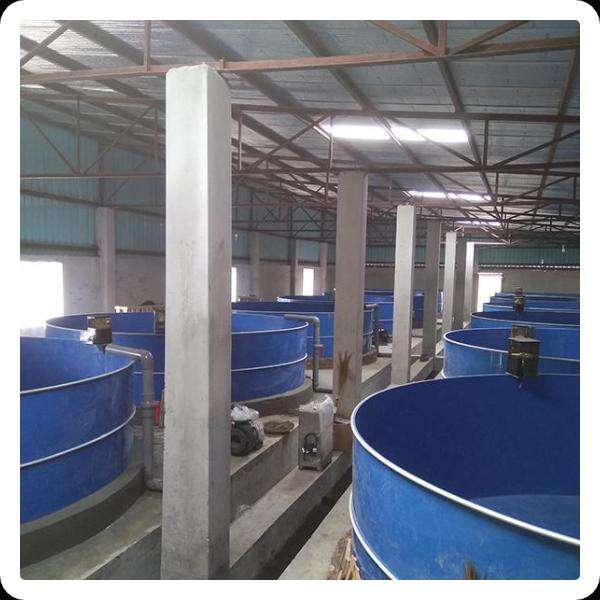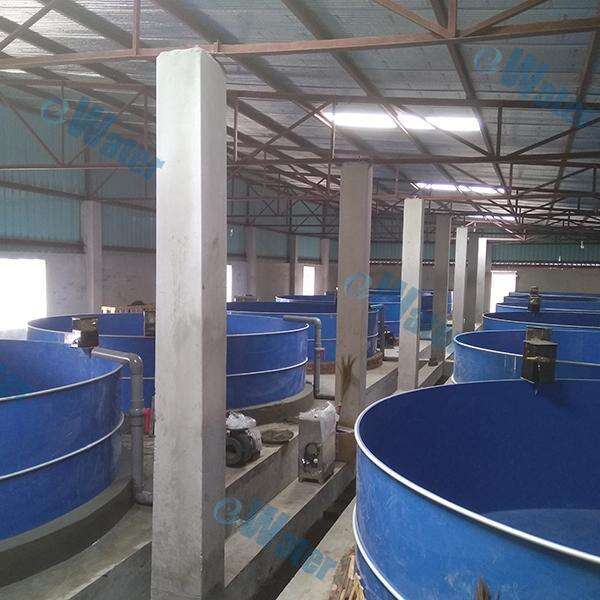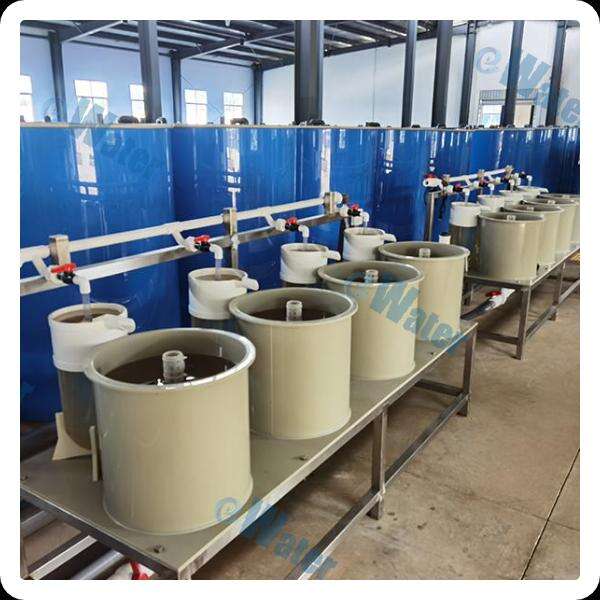Fish farming is the practice of catching and caring for fish in aquaculture, a type of business concerned with growing and raising marine animals. Think of an Aquaculture similar to a farm but instead of growing plants or raising livestock on land, folks grow fish in water. Benefits From fish farming: there are many good sides of it, though from its bad side; can be said also. We will cover the advantages and disadvantages of fish farming, its contribution to food for all as well as new methods that can be used in order to improve it. This article is proudly brought to you by EWater, the water ensuring fish-safe office.
The second potential benefit is that fish farming, if done responsibly can prevent more over fishing. Overfishing also occurs, in which too many fish are taken out of the oceans to regroup and it adversely affects the overall health of ecosystems. Overfishing can dramatically reduce the number of fish left in water as well, which affects animals that eat those kinds for food. Aquaculture: All the fishes can be grown in an aquaculture which u need not depend on oceans. In the meantime this means that we can eat fish and still ensure sustainable fisheries of such species in their natural environment. But fish farming can be bad too, when done carelessly and recklessly. Fish waste that pollutes the water and harms other creatures residing. Also, some fish farms add in chemicals and medicines to keep the fish disease free. These might help the fish, but they could also damage the habitat and harm animals living in or around that body of water.
Over the years fish farming have improved greatly. Fish farming used to be a pretty simple form of production. But today there are many ways in which you can care for the health and growth ability of your fish. Few fish farms feed their fishes with extra special foods, which make them grow more quickly and beautiful. This special food can offer the necessary nutrients fish must mature and flourish. Some make use of high tech eWater fish farm aquaculture system to ensure that the fish are healthy enough as they keep their water clean and clear. Certain farms even use genetic transformation, they alter the genetics of fish to resist diseases. These advanced procedures can guide in growing ecosystem of aquamarine and offer disease-free fish for human consumption.

Fish farming is essential around the globe to feed people with food. In a lot of places, especially the developing world, fish is a key food source. But overfishing means that there isn’t enough fish in the wild for people to take. This way, we can cultivate fish in an assured manner, and solely dependent on wild populations. These is to enable hunger and food insecurity are at a minimal. To make sure everyone has good food to eat, even when the time comes that we can't catch wild fish. For communities, eWater fish farm aquaculture system too can offer employment to people and income for families.

In some countries fish farming can be also a hurdle, for they may not have enough resources or the infrastructure to support that kind of farms. This, in turn, can serve as a barrier to entry for many potential entrants to farming. However, solutions to this problem does exist. Well you can scale the model one way by using local resources that are there to ensure people start fish farms in a sustainable manner. In other words, taking what is indigenous to them — the raw material and human capital available for fish farming nearby. Training and support to teach people how to run fish farms better is another method. When communities work together to share the best ideas, we can all meet those challenges and create fish farms that will benefit us all.

By using new technology, the standards for farming will improve and become more nurtured. An example of this is the use of solar power in some fish farms. It is a clean energy, renewable and helps in reducing the pollution as well. Aquaponics (growing fish and vegetables together) is being used by some people. This technique is not only producing fish but cultivation of plants as well and hence arises a very resourceful way for the management. In one of these solutions, some farms are also reusing water or waste to be kinder on the environment. eWater fish farming aquaculture systems makes them use water and nutrients in a cycle, which is good for the earth. New technologies and sustainable practices is the way forward for fish farming to still be able to grow further, while providing the humanity with a healthy food.
Fish farm aquaculture engineers project place facilitate installation qualifications on-site. We design RAS projects detailed prints customers overseas ensure building's basic design prepared develop practical plans, including timelines requirements labor prior installation.
eWater continues explored new RAS technologies reducing energy consumptions Fish farm aquaculture productivity. delivered 400 RAS successfully globally September 20th, 2022.
eWater major supplier aquaculture, specializing use recirculating systems aquaculture, works customers finding most suitable Fish farm aquaculture requirements.
eWater produces most RAS equipment in-house. 2018, came up Gen-3 Fish farm aquaculture, Gen-2 proteins skimmers, Gen-3 oxygenation. offer 3 year warranty promise offer product-life quality technical support. ISO/CE certified 2016.
Our professional sales team are waiting for your consultation.